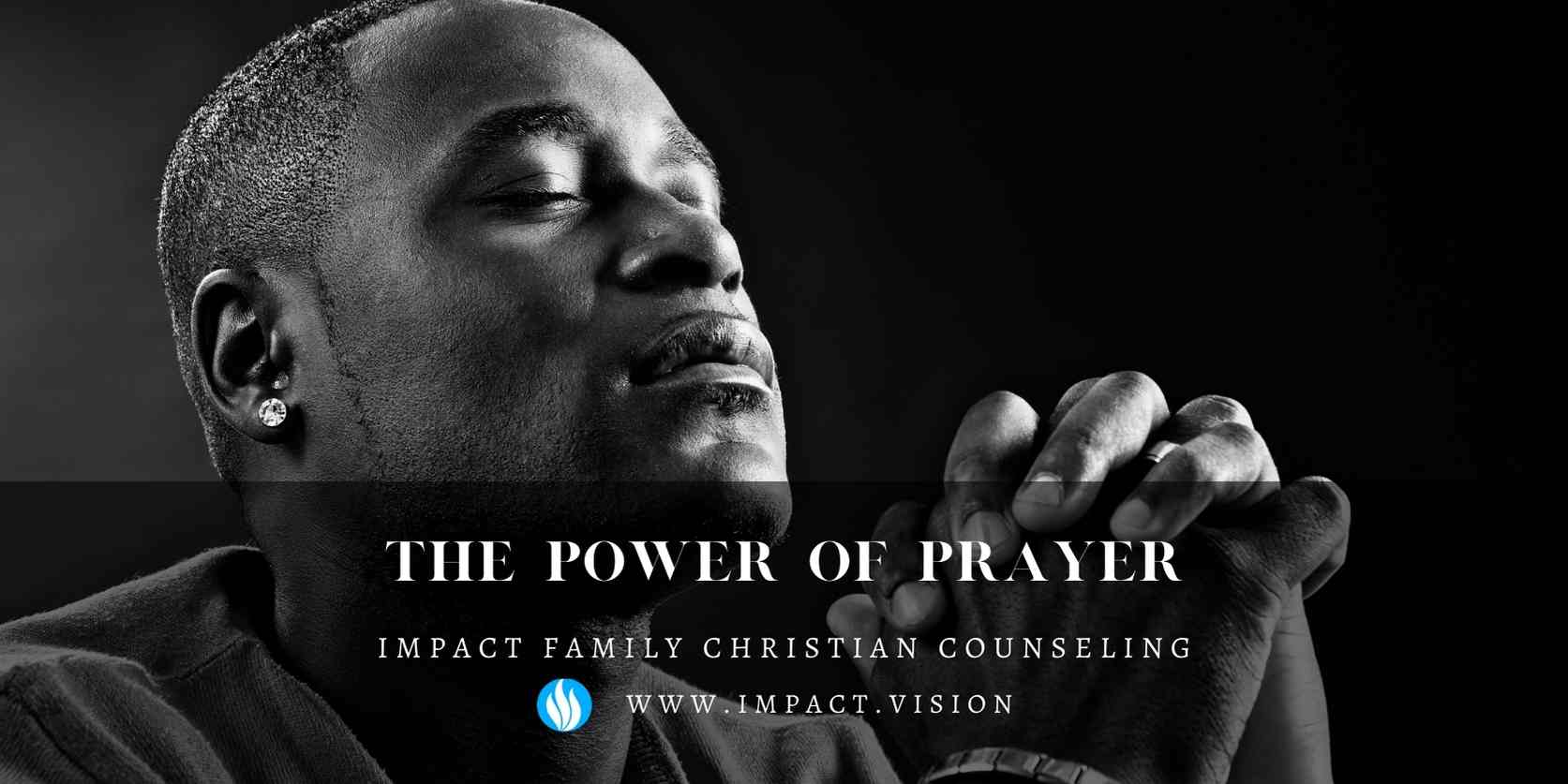The power of prayer is a lifeline to the divine that we all have at our disposal. This intimate conversation between you and your creator can be your source of strength, peace, wisdom, and comfort. In its truest essence, prayer’s power is the ability to communicate and connect with a force beyond our human understanding.
Drawing from the teachings in the Holy Bible, specifically Philippians 4:6 – “Do not be anxious about anything, but in every situation, by prayer and petition, with thanksgiving, present your requests to God” – we understand the power of prayer to soothe, to bring relief and to bring about change. But how does one unlock this power of prayer?
The Steps to Powerful Prayer

Recognizing the power of prayer is the first step to harnessing it. Here are some steps to cultivate a powerful prayer practice:
- Create a quiet space: Seek a place where you can concentrate without distractions. This could be a room in your house, a spot in your garden, or even a peaceful corner in a park. The power of prayer can be accessed anywhere that allows you to connect with the divine peacefully.
- Be consistent: Just like with physical exercise, consistency is key in prayer. The power of prayer grows with consistent practice. Try to set aside specific times each day for prayer, turning it into a habit.
- Be honest and open: God knows our hearts, and honesty is a vital part of prayer. Pour out your feelings, fears, hopes, and dreams. The power of prayer lies in the open-hearted and sincere conversation with God.
- Listen: Prayer isn’t just about talking; it’s also about listening. After expressing your thoughts, take time to be still and listen. This silence is where you can feel the power of prayer and perceive the divine responses.
- Thank God: Conclude your prayers with gratitude. Thank God for the blessings in your life and for listening to your prayers. This acknowledgment of blessings amplifies the power of prayer.
The Power of Prayer in Your Life

The power of prayer is not merely spiritual; it extends to our physical, emotional, and social lives. Here’s how:
- Inner Peace and Calm: The power of prayer fosters inner peace. By surrendering your worries, you invite calm into your heart, a powerful tool for managing stress. This might also contribute to preventing burnout.
- A Shift in Perspective: The power of prayer helps you connect with a broader spiritual reality, instilling hope and transforming challenges into opportunities for growth. By embracing positive thinking alongside prayer, we can enhance the transformative power of this sacred practice.
- Enhanced Emotional Well-being: Regular prayer leads to increased happiness and decreased anxiety. The power of prayer provides an outlet for feelings, leading to a lighter emotional burden. You can further enhance this through inner child healing techniques.
- Strengthened Relationships: The power of prayer, especially communal prayer, can build stronger relationships. It fosters empathy and creates a shared spiritual bond.
- Guided Decision Making: The power of prayer can guide your decisions. By seeking divine wisdom, you open yourself to insights that can help you navigate life’s complexities. As Matthew 21:22 reminds us, “And whatever you ask in prayer, you will receive, if you have faith.”
- Cultivation of Gratitude: Using prayer to express thankfulness cultivates an attitude of gratitude, which has numerous benefits. This is another way the act of prayer influences our lives.
By transforming your inner world, the power of prayer inevitably transforms your outer world. It changes how you interact with others, how you handle challenges, and how you perceive life itself.
Finding Peace and Forgiveness in Prayer
Forgetting to pray can sometimes lead to feelings of guilt. However, it’s crucial to understand that these emotions need not burden our spiritual journey. God is merciful and forgiving, and there are ways to navigate through these emotions and find solace in His grace.
Understanding God’s Mercy
Feeling guilty for missing a prayer is a common experience among believers. However, it’s important to remember that God’s mercy knows no bounds. His love is unconditional, and He is always ready to forgive. Reflecting upon His mercy can help improve the weight of guilt and remind us that seeking forgiveness is an integral part of our spiritual growth.

Letting Go of Unnecessary Burdens
Guilt can become an unnecessary emotional and spiritual burden, hindering our relationship with God. It’s vital to acknowledge that dwelling on guilt hinders our ability to experience His grace and joyfully. Instead, we should strive to release the weight of guilt and embrace the opportunity for growth and renewal.
Confessing and Seeking Forgiveness
Confessing to God and sincerely seeking His forgiveness is a powerful way to alleviate feelings of guilt. The power of prayer, coupled with honest self-reflection and heartfelt confession, holds transformative potential. When we approach God with humility and acknowledge our mistakes, we open ourselves to His divine forgiveness and experience the profound impact of prayer in our lives.
Embracing God’s Unconditional Love
No mistake or misstep can separate us from the love of God. Understanding His unfathomable love allows us to put our guilt into perspective. We should embrace the knowledge that His love is unwavering, regardless of our imperfections. By internalizing this truth, we can find comfort and strength to overcome feelings of guilt.
Making Amends and Moving Forward
Seeking God’s face and asking for His guidance in resolving the situation can help us make amends and move forward with a clean conscience. It is through prayer and seeking His wisdom that we can find the right words and actions to rectify any mistakes we may have made. Trusting in God’s guidance, we can find healing and restoration.
In conclusion, the power of prayer is a transformative tool that allows us to connect with God, seek forgiveness, and find solace in His boundless mercy. By understanding His unconditional love and embracing growth and renewal, we can alleviate the burden of guilt associated with forgetting to pray. We experience inner peace, emotional well-being, and strengthened relationships through prayer.
Connecting with God can change our lives, shape our perspectives, guide our decisions, and cultivate gratitude. So, let us embrace this powerful tool, finding peace and forgiveness in our spiritual journey through prayer.

